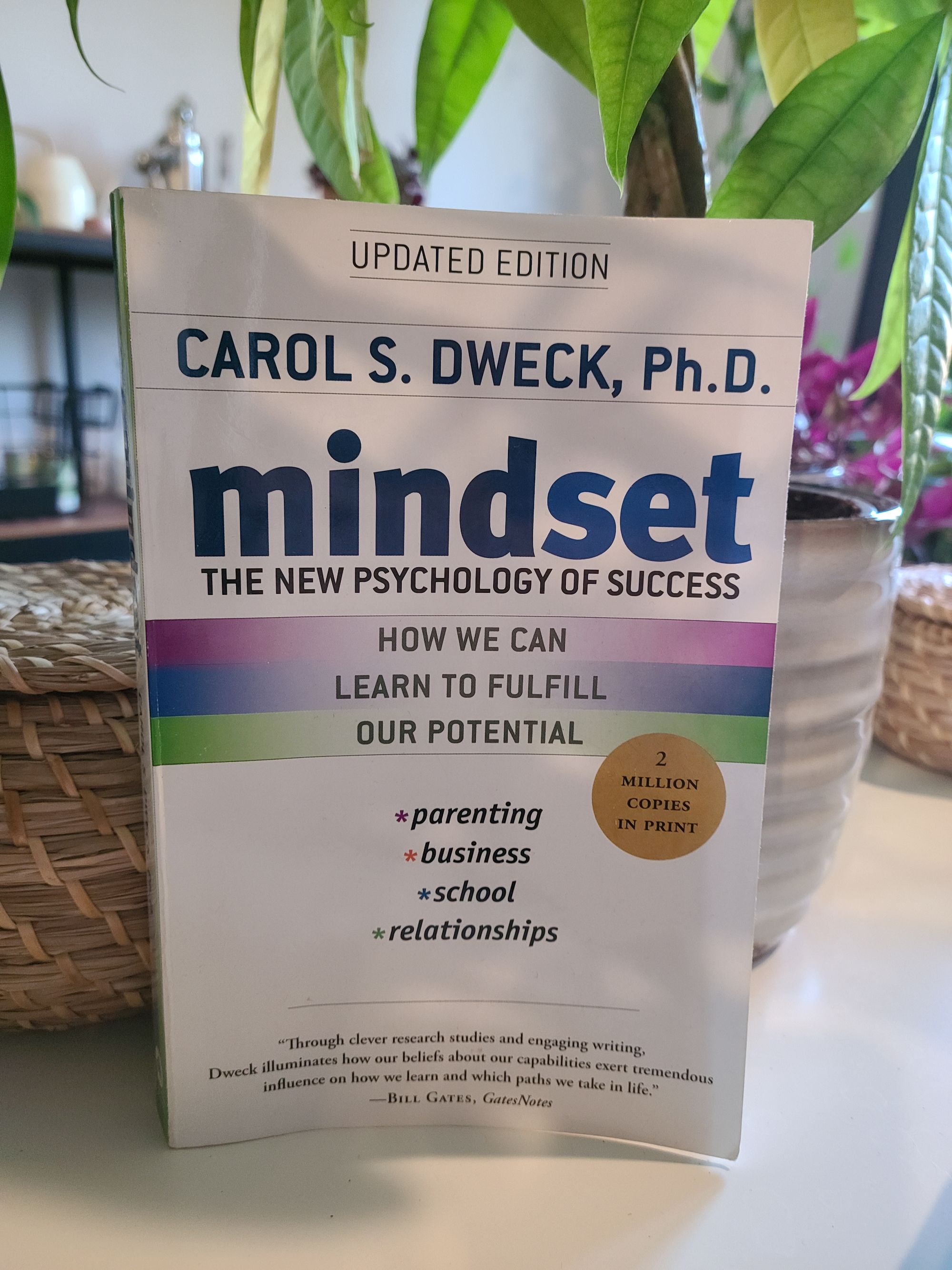Do you have a fixed or a growth mindset?

How do you react when you fail something? Do you quit or see it as a weakness you can improve? Do you consider intelligence something you are born with or without, or do you praise practice can lead you everywhere? This mindset is what this book by Carol Dweck is about.
The guideline of this book is pretty simple; you need to love the learning process and think anybody can develop their abilities. Even if this sentence is simple, there is a lot to do to switch from the fixed mindset to the mindset where learning is the essential part of the journey, the growth mindset. Let's review some differences between them both.

The fixed-mindset people think everybody is born intelligent or not; people can't improve. And because they believe they are smart, they rely on that. They will quit when they fail something or feel dumb because it insults their intelligence. Another aspect of the fixed mindset is the somebody-nobody syndrome.
For example, in a sport, they consider themselves somebody if they win and nobody if they lose. They then always want to win because who wants to be a nobody? So they just quit because they feel like a nobody when they lose.

In the growth mindset, people think everybody can learn and improve with practice. They enjoy the journey of learning and failing. It gives them an aspect to work on to be better. Every failure gives something positive. This way, they can identify their strengths and weaknesses and work on them to improve.
In the book, Carol speaks of many elements of life where the mindset has an impact or is impacted. The first one is education. With our kids, we should praise effort instead of success. They need to enjoy the process, not the result. For example, if they get a good grade, we should say something like: "good work" instead of "you're brilliant." This way, they will know their hard work pays off, not their intelligence.
This pattern is the same with a manager. The manager should praise work and learn instead of good ideas. They need to show themselves as resources for their employees to learn, not just their boss that judges their work.

The second element is sports. Michael Jordan and Muhammad Ali were not the most talented, but they had good mentalities. Michael Jordan spent one more hour practicing the ball every day than his teammates. It wasn't imposed; it was his choice. But he knew he had to practice to be the best. It's his mentality and the work that made him who he is.
Everybody is a mix of those mindsets. For certain things, we are fixed, and for others, we are growth. It's not black or white. The goal is to change the aspects we are fixed to be growth. It seems easy, but it is not. It's a long process because there are aspects to change that we have had for 20 or 30 years. It doesn't change in one day.
This book is mainly one guideline, with many examples and situations and how to handle them with a growth mindset. It can open your eyes or specific aspects of you you didn't know you could improve. And that's the first step to switching to the growth mindset!